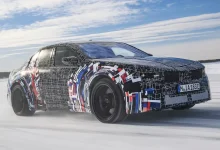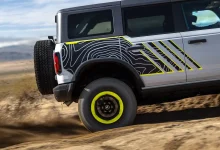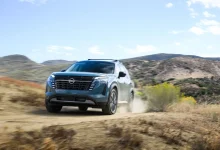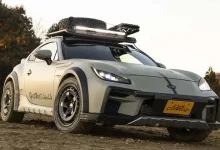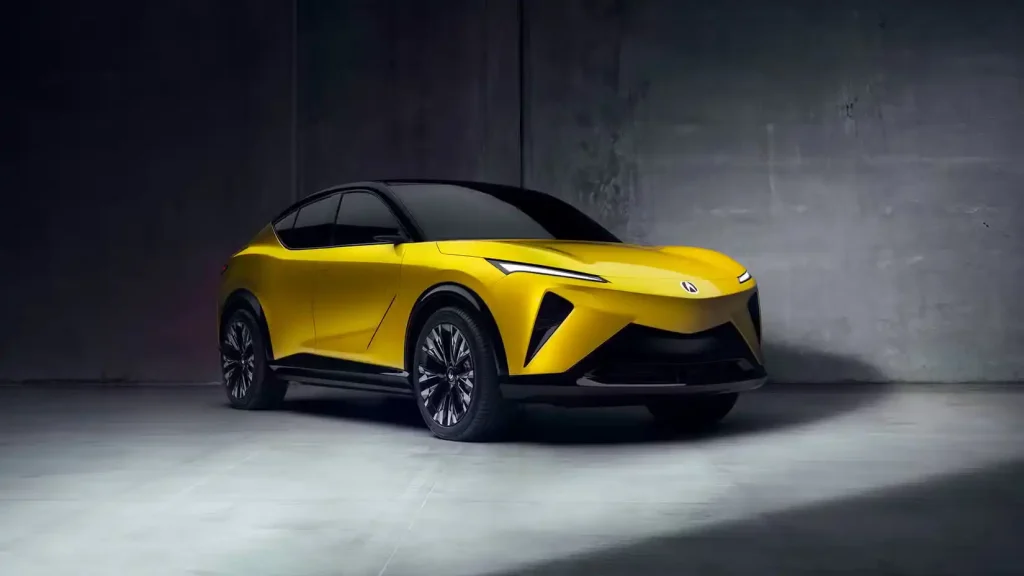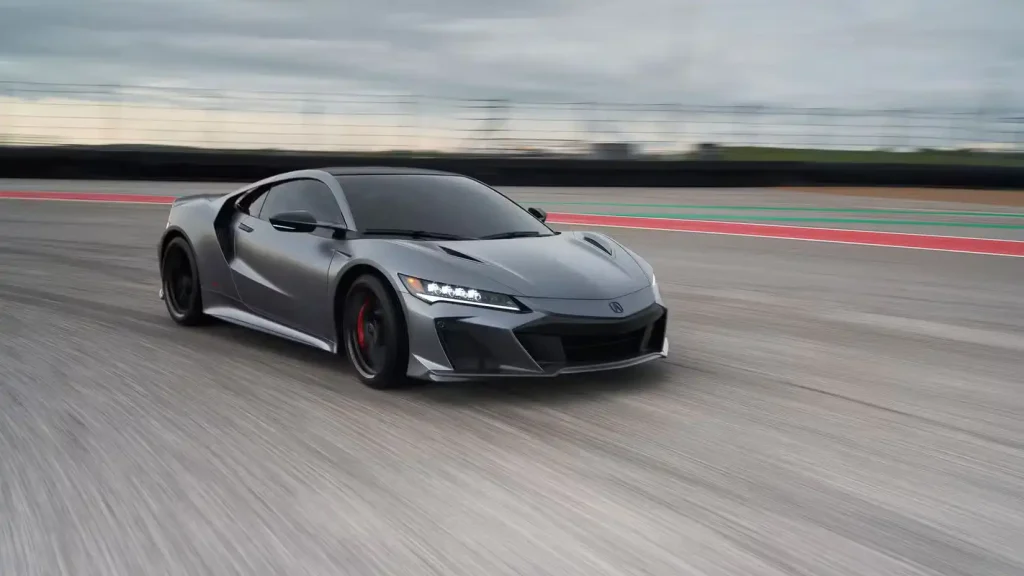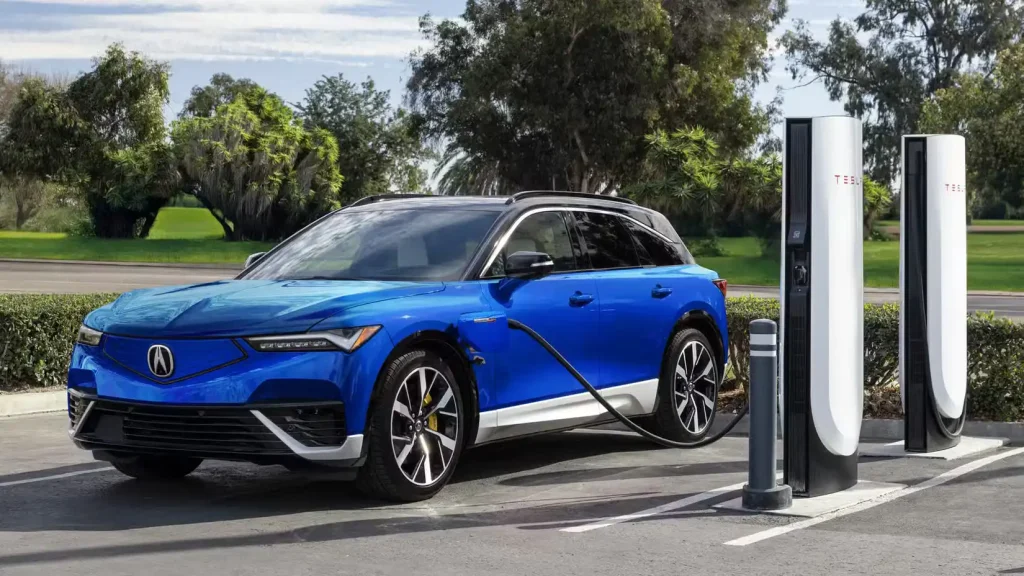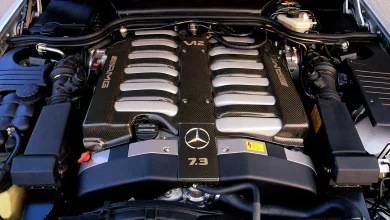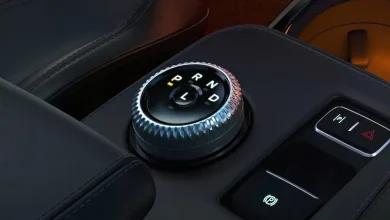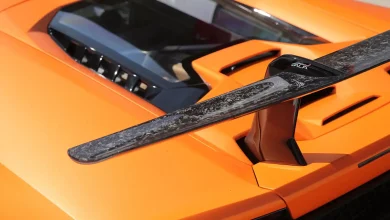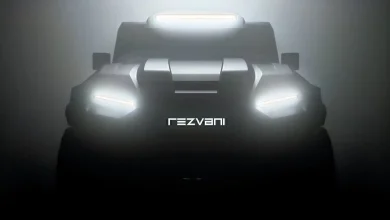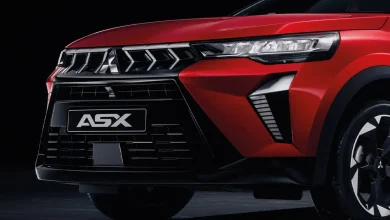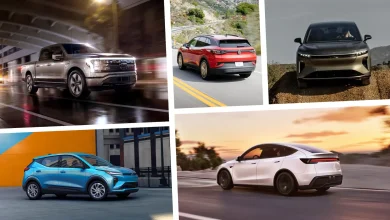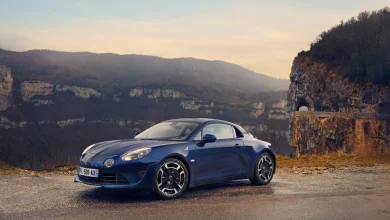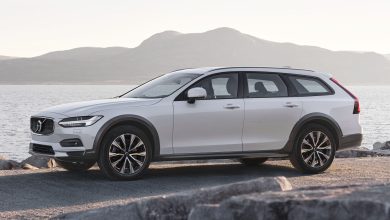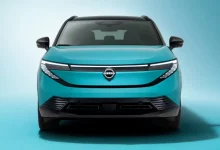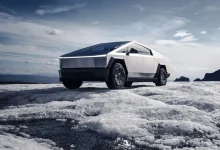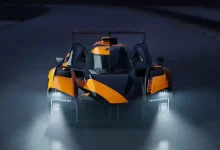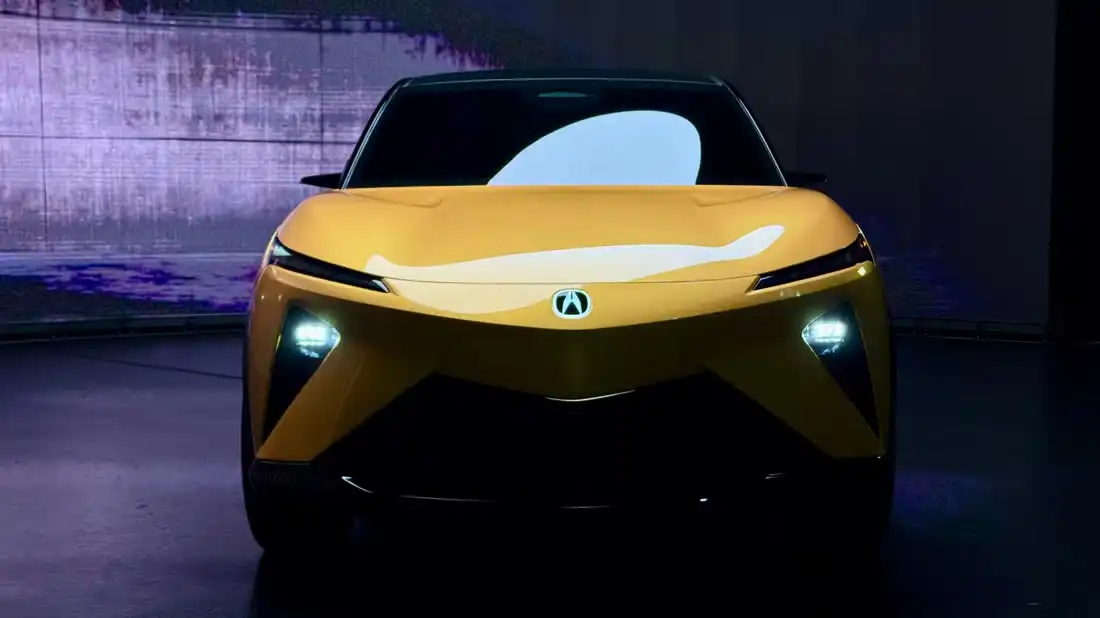
Acura has resurrected the RSX nameplate, but it’s a departure from the familiar model. The new RSX is a fully electric crossover, a far cry from the coupe that once succeeded the long-running Integra in the U.S. While this move seems to signal Acura’s full commitment to electrification—aiming for 60% of its sales to be fully electric by 2030—the brand has made another significant announcement that suggests a more nuanced strategy.
During a media roundtable, American Honda CEO Kazuhiro Takizawa stated that the company plans to continue maximizing internal-combustion and hybrid vehicle production in North America to address current customer demand, according to The Drive.
We will maximize production of internal-combustion and hybrid models to meet the needs of our North American customers,” Takizawa said. “This involves extending key ICE models and introducing additional hybrid products. Our investment in flexible production at our EV hub in Ohio is paying off, allowing us to build ICE, hybrid, and EV models on the same lines and adjust output based on customer demand.
Weak Demand and Inconsistent Government Policies
The statement reinforces earlier confirmations of upcoming Acura hybrid models. Earlier this year, Acura’s Assistant Vice President of National Sales, Mike Langel, noted that the brand’s previous goal to go all-electric was no longer realistic. Originally, Acura had planned to bypass hybrids entirely and move straight to long-range EVs. The updated strategy marks a complete reversal, aligning more closely with Honda’s current approach to achieving carbon neutrality.
Takizawa shed light on the shift in strategy, citing weak U.S. demand for EVs as a major factor. ‘It’s not realistic,’ he said, likely referring to Acura’s previous all-electric ambitions given current market numbers. He also highlighted the impact of inconsistent government policies, though he did not specifically address the planned phase-out of federal EV tax credits.
Not Completely Abandoning EVs
Despite the shift, Acura is not abandoning EVs entirely. Takizawa highlighted American Honda’s investment in the IONNA network—a collaboration among eight automakers to build fast-charging stations across the U.S., complementing Tesla’s Supercharger network. Currently, the Acura ZDX is the brand’s only EV available in the U.S., with the RSX set to join the lineup in the second half of 2026. Following the NSX’s departure in 2022, Acura does not currently offer any hybrid vehicles.
Acura isn’t the only luxury brand revising its electrification plans. Genesis has taken a similar approach in the U.S., announcing in April that it is embracing hybrids—but with a twist, offering extended-range EVs (EREVs) rather than full HEVs. Meanwhile, Lexus continues to succeed with its hybrid lineup, though its EV offerings have yet to make a significant impact.
